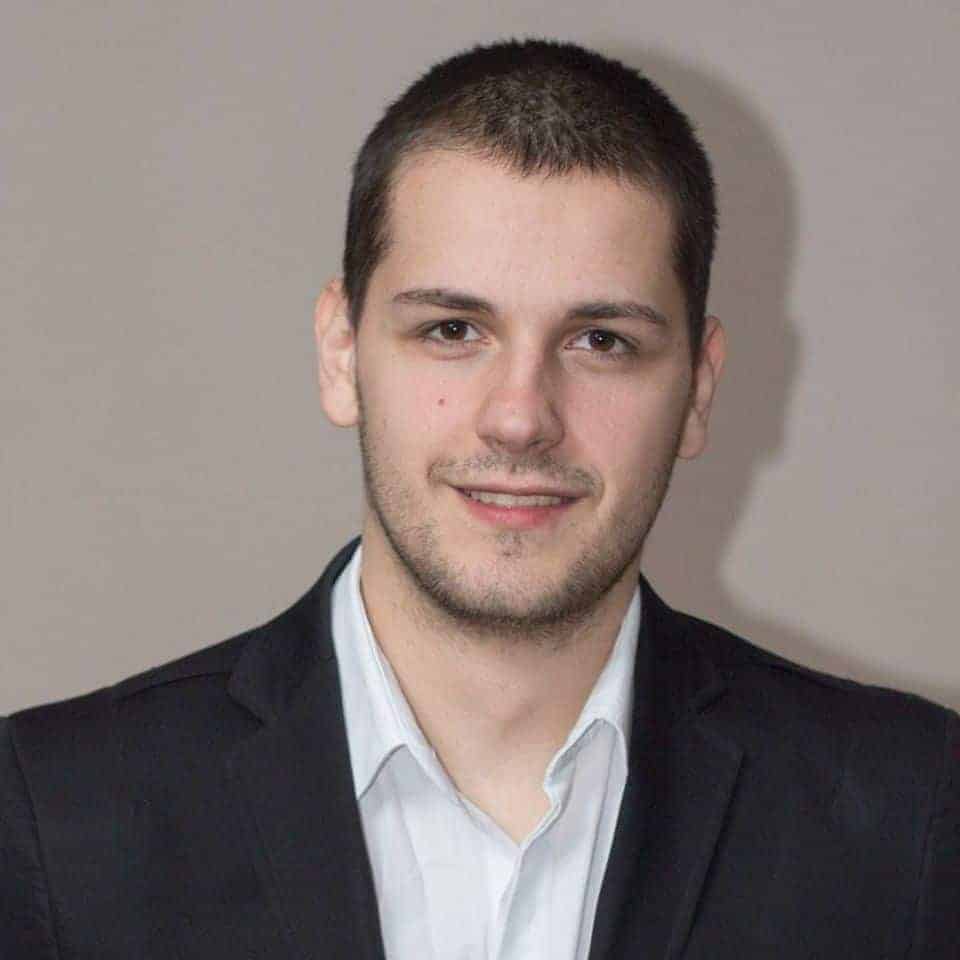
This week, Mystic Mag had the opportunity to interview Russell Storey, a Breathworker who shared some interesting information about his career and explained how a simple change in breathing can help your mind and body.
When did you first know that being a Breathworker was your calling and how did it come about?
My journey to becoming a breathworker began during a period of severe burnout in the late 2000’s when I was living in Edinburgh in Scotland. Training as a breathworker was not actually my initial intention, I started practicing breathwork because it helped me deal with the significant challenges and complexities in my life, without having to talk about or share anything I was going through.
My experience was so profound that it changed the course of my life and led me from working in financial services to where I am today, helping other people change their own lives by changing how they breathe.
That path has been a long and winding one and has transformed my life into an ongoing adventure. It has taken me all around the world learning from and training others in this magical artform.
I have recently returned home to my native Australia and have a big vision to share this work here.
What services do you offer?
I offer private sessions, group work along with training programmes for individuals and businesses.
Private sessions are for individuals & couples which some people prefer because of the personalized attention and privacy, whereas others prefer a group setting because of the anonymity and shared experience. With the restrictions of the past few years I have had the opportunity to refine my practice working online so I am able to work with people from all over the world.
I held my first weekend intensive in Australia earlier this year and plan to deliver more training programmes in 2023 and beyond.
What is Breathwork and how correcting one’s breathing can help?
Breathwork is simply the practice of breathing with awareness and intention – i.e. breathing consciously and in a specific way.
Becoming aware of how we are (or are not) breathing is the first step in any breathwork practice. In fact just developing awareness of our breath is a super power in itself and forms the basis of many mindfulness practices. Breathwork takes mindfulness to the next level as we can then deliberately change how we breathe to create change in ourselves. I often describe it as a massage for our nervous system.
The breathwork I teach is quite simple – although not necessarily easy – and involves utilizing the respiratory diaphragm to create a ‘belly breath’ so the abdomen will rise with the inhale, and then fall with each exhale. This is a far more efficient way to breathe and also takes pressure off the intercostal muscles (the muscles between our ribs) as they are not actually designed for inhaling.
Opening up our breathing can help us detox our bodies, boost our energy levels and even help with lower back pain and our posture. What is super interesting about breathwork is that once we start breathing in this open way, it gives us a tool to work with the reasons our breathing has closed down or restricted in the first place.
If we can continue to breathe in this open, connected way we can ‘integrate’ painful memories or difficult emotions which can create a huge amount of clarity, freedom and choice in our lives.
The really exciting part of breathwork is that after we clear out our ‘stuff’ it can give us access to altered states of consciousness which can expand our awareness and accelerate spiritual growth. Many people who practice breathwork report connection with a variety of non-physical realities, some of which are truly mind blowing.
How does our breathing affect our mental state?
A lot! You have probably noticed that your breathing will change depending on what is going on in our lives. If we are anxious, it is likely that we are breathing faster than if we are feeling calm and relaxed. The beauty of breathwork is that as we develop awareness of our breathing, we can choose to breathe differently and change how we are thinking and feeling in any given moment.
A powerful tool for focussing our mind is box breathing, a technique US Navy Seals use to regulate their state in high pressure situations. It is very simple to practice – inhale for 4, hold for 4, exhale for 4 and then hold for 4.
What can a person expect from your coaching sessions?
A typical session with me involves an introductory interview/conversation where we will come up with an intention for your session. This usually starts with why you are here and what would you like to create?
If a client hasn’t worked with me before I will then explain the practice to them and then give them a little bit of feedback as to what I can see going on in their breathing.
This then leads into the connected breathing session itself which usually lasts for a little over an hour . Sessions are practiced laying down and I play some dynamic music during the active part of the session before slowing things down to help integrate the experience.
After the client returns to a normal waking state we then have a chat about the experience before bringing things to a close.
What do you love most about your profession?
There are almost too many to list! If I had to pick one thing it would be the connection I have with my clients. It is a genuine privilege to be with people who have the courage to journey within as they transform themselves. I work with people from all walks of life and the stories I hear and the changes I am lucky enough to witness are truly incredible.



